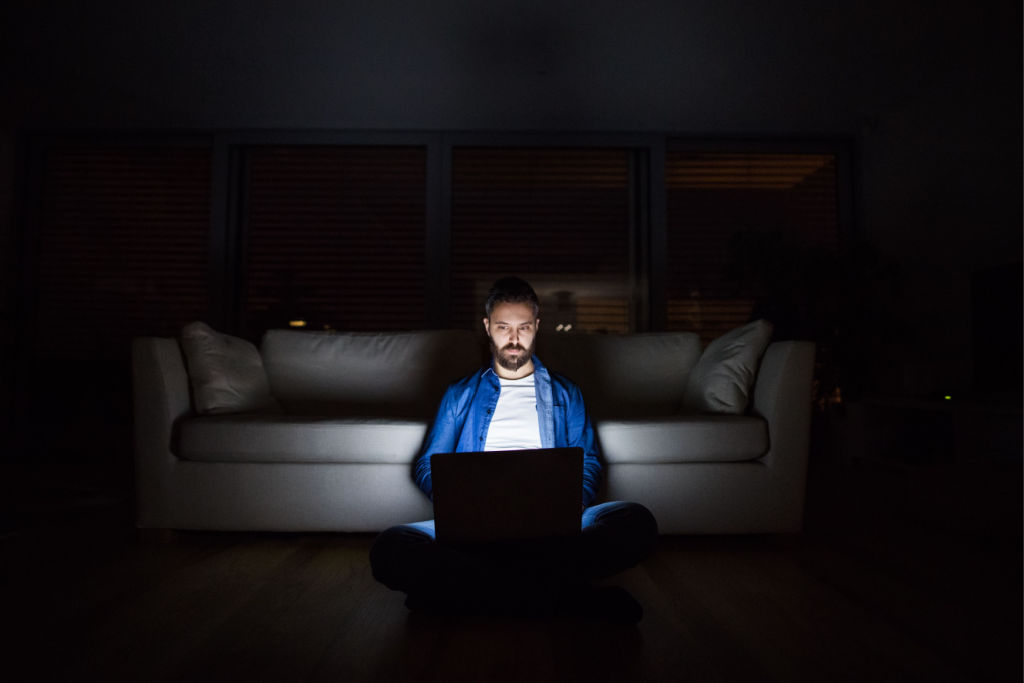to pay their routine business expenses each month. For many, bouncing back from these rough patches is possible, but for some, filing for bankruptcy can be the best choice for their personal well-being.
When filing for bankruptcy, sole proprietors may want to explore options that allow them to continue running their businesses while paying off their debts. Chapter 11 bankruptcy allows you to do just that, but before you decide to file Chapter 11 bankruptcy in Milwaukee, you need to understand how it works and how it can impact your personal finances.

What Is a Sole Proprietor?
A sole proprietor is an individual who owns and operates a business on their own without the help, oversight, or legal distinction offered to corporations, partnerships, or limited liability companies (LLCs). The business itself is indistinguishable from the individual themselves. These individuals bear full liability and financial responsibility for the business’s success or failure. This is true even if they hire employees.
What Is Chapter 11 Bankruptcy?
Chapter 11 bankruptcy is a method of reorganizing your business to pay down outstanding business debts while continuing to operate your company. As with Chapter 7 and Chapter 13, this type of bankruptcy filing is available to sole proprietors and individuals alike.
What Happens When You File?
When filing a Chapter 11 bankruptcy, the sole proprietor is allowed to stop making payments on their outstanding debts while the bankruptcy proceeds. After making payments and submitting all necessary paperwork, the bankruptcy court will review the case and help you establish a repayment plan for the business to follow. The business is allowed to continue operating to its fullest capacity while awaiting the hearing without worrying about creditors taking action against them until a decision is reached.
Unfortunately for sole proprietors, the repayment plan may put their personal property at risk. Since sole proprietors are individuals, the court can ask the individual to sell or liquidate their personal assets to satisfy any outstanding business debt.
Typically, sole proprietors will need to downsize or dramatically reorganize their business to satisfy the payment plan. That said, if you’re successful, you’ll be able to keep your business running while paying off what you owe.
Is Chapter 11 a Good Choice?
Ultimately, deciding if Chapter 11 is a good choice for your bankruptcy filing depends on your business’s financial situation and your risk tolerance for potentially losing some of your personal assets. The best thing you can do as a sole proprietor is discuss your concerns and your situation with your bankruptcy attorney. They’ll be able to assess your situation and provide you with the best options based on your unique needs and goals.
Explore Your Options Today
Chapter 11 bankruptcy can help sole proprietors keep their businesses running while giving them the time they need to start paying down their debts. If you’re struggling to pay your business expenses and think bankruptcy may be the best option, the experienced Chapter 11 bankruptcy lawyers in Milwaukee at Kerkman & Dunn are here to help. Contact us online or call (414) 775-3822 to schedule a consultation.


